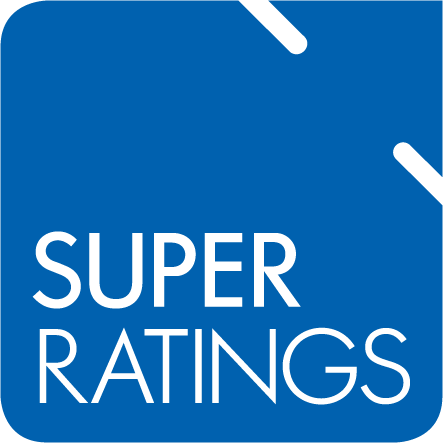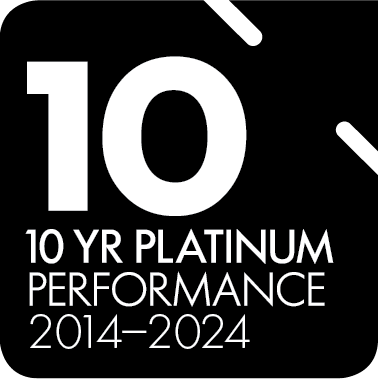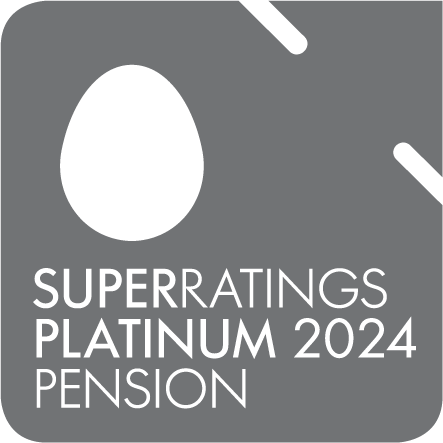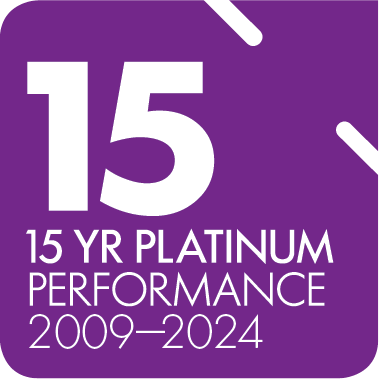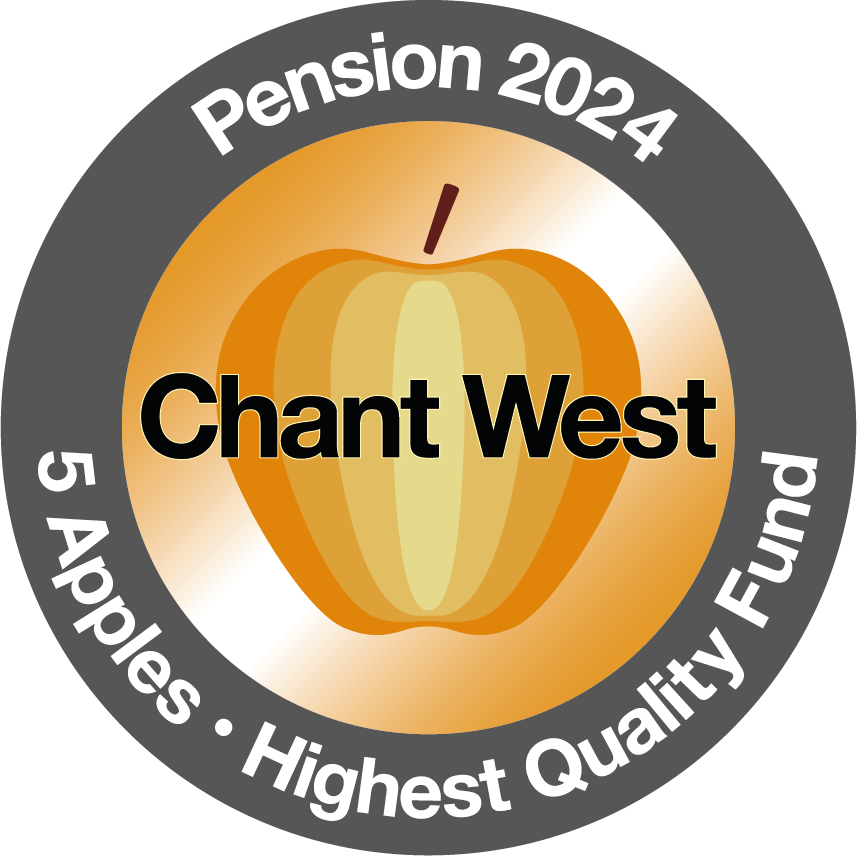COVID-19 and the pink recession

“Women are more vulnerable to COVID-19 due to their economic insecurity, over representation in certain sectors of the economy, their caring responsibilities, and the feminisation of the education and healthcare sectors.”
The SDA union’s report on COVID-19 and the associated pink recession touches on some concerning issues and trends.
After all, the gender savings gap between men and women is well documented. Put simply, women retire with significantly less in super than their male counterparts.
While there have been efforts to correct that imbalance, women are still retiring with about 70% of what their male counterparts have. Or about $90,000 less in savings.
COVID-19 has only increased that disparity. In what many are calling a pink recession, women have been more adversely impacted by the economic fallout of coronavirus than men.
This has long term implications that threaten to undermine women’s health, earning power and retirement options.
COVID and women’s employment
According to the Australian Bureau of Statistics (ABS), COVID has had a disproportionate impact on women’s working hours and job security. Between February and June 2020, 125,000 women lost their jobs, compared to 46,000 men.
Those findings are supported by Deloitte, which notes that:
- 55% of people unemployed because of COVID-19 are women,
- For those still in paid work, 11.5% of women have reduced their hours, compared to 7.5% of men.
Compounding the above stats is the fact that women are more likely to be in casual roles, with less than 12 months continuous employment. Which means they’re ineligible for JobKeeper payments.
The additional burden of COVID
Aside from the economic toll of COVID-19, women also have to contend with additional pressures.
According to Deloitte:
- Women are at greater risk of exposure to illness while working in lower paid jobs,
- Family violence increases during, and in the aftermath of, disasters. The impacts of lockdowns and increased restrictions only amplifies this,
- Women are shouldering a bigger burden of unpaid labour in the home.
All of which can have a cumulative effect. According to data from the ABS, women were more likely than men to have experienced high or very high levels of psychological distress (25% compared with 16%).
The impact of women’s income and savings
The same report by Deloitte states that, “For every month of the COVID-19 pandemic, Australia has lost one year on progress to economic gender equality. And unfortunately, due to COVID-19, we’re still 36 years away from achieving economic gender equality in Australia."
While that sounds disheartening, there are still things that we can do, both collectively and as individuals, to help bridge the super savings gap.
Government policy and initiatives are required to help boost women’s employment prospects in a post-COVID world, and to help translate that boost into improved retirement outcomes.
In the meantime, we can help you check your super balance, see how it compares, and take practical steps to boost your savings.
You can learn more by speaking to one of our financial planners. The first meeting comes at no additional charge, and can help you take a broader look at your super, finances, and long-term goals.
Any figures quoted are correct at the time of writing but may be subject to change.
Authorised by Togethr Trustees Pty Ltd (ABN 64 006 964 049; AFSL 246383) ('Trustee') the trustee of the Equipsuper Superannuation Fund (ABN 33 813 823 017). Catholic Super is a division of the Equipsuper Superannuation Fund (ABN 33 813 823 017). Financial advice services may be provided to members by the trustee's related entity.
Togethr Financial Planning Pty Ltd (ABN 84 124 491 078; AFSL 455010). The information contained herein is general information only. It has been prepared without taking into account your personal investment objectives, financial situation, or needs. It is not intended to be, and should not be, construed in any way as investment, legal or financial advice. Please consider your personal position, objectives, and requirements before taking any action. Past performance is not a reliable indicator of future performance.
© 2020 Togethr Trustees Pty Ltd. For further information please our contact our Service Centre on 1300 655 002 or visit our website: csf.com.au.
